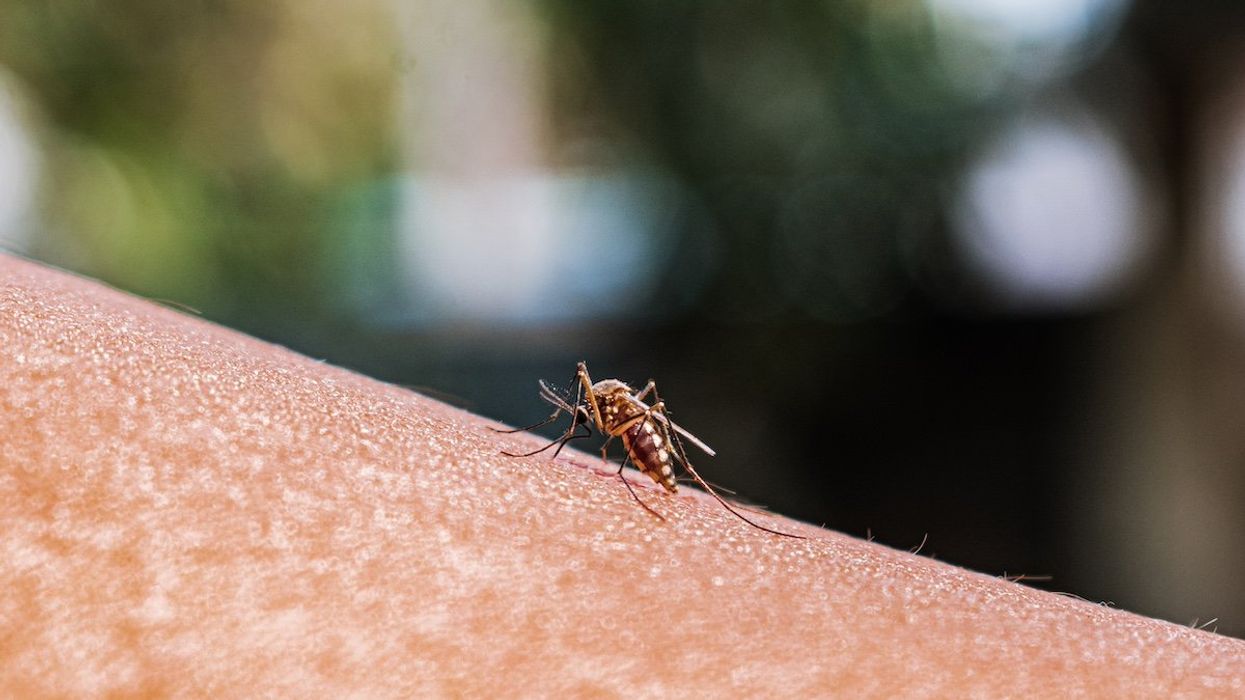What We're Watching
“Not COVID,” but caution: WHO on high alert as new mpox strain spreads
Global public health authorities have raised the alarm about the fast-spreading variant of the virus, which has already surged in central and eastern Africa. So far in 2024, those regions have recorded over 17,000 infections, and while cases are usually mild, more than 500 people have died.
Aug 22, 2024




